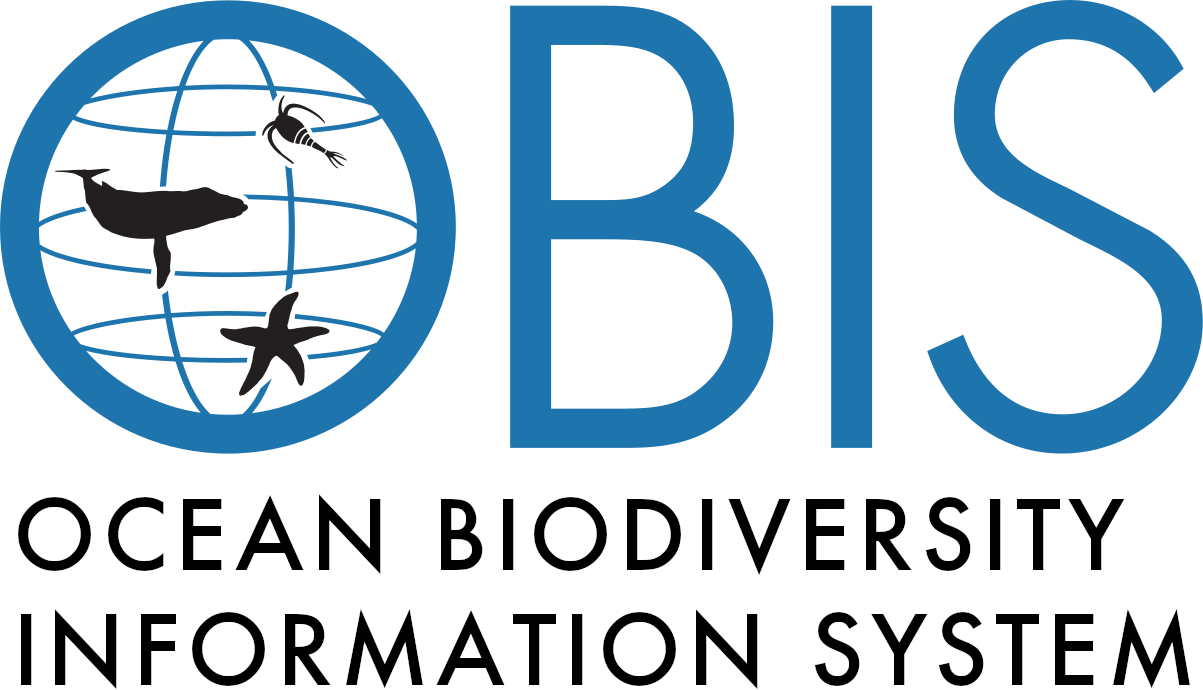HOME > OBIS Korea > About
About
OBIS KOREA serves as the Korean node representing Republic of Korea. It collects and manages marine biodiversity data gathered from Korean waters, the Korean government and institutions, as well as research organizations.
Over an extended period, these resources and information have been meticulously collected and managed using the MBRIS system of the National Marine Biodiversity Institute of Korea (MABIK). The rigorously verified data include detailed information on the collecting institutions, periods, and locations.

OBIS (Ocean Biodiversity Information System) is a global marine biodiversity database that collects data on the distribution and ecology of marine organisms, making it easily accessible to both scientists and the public.
By integrating information on marine species distributions, OBIS supports research on marine biodiversity, distribution, ecology, and the impact of changing environments.
More than 50 countries around the world are involved in the OBIS project.
By integrating information on marine species distributions, OBIS supports research on marine biodiversity, distribution, ecology, and the impact of changing environments.
More than 50 countries around the world are involved in the OBIS project.

IOC-UNESCO (Intergovernmental Oceanographic Commission of UNESCO) is the managing body of OBIS. Since 2009, OBIS has been part of IOC-UNESCO, integrating and managing marine biodiversity data on a global scale. It involves participation from over 50 countries worldwide.
Through OBIS, UNESCO provides data to support the protection of marine biodiversity and sustainability, contributing to the conservation of marine resources.
UNESCO’s marine science programs and OBIS collaborate to support the sustainability of global marine ecosystems. They function as key platforms for research and management of the marine environment.
Through OBIS, UNESCO provides data to support the protection of marine biodiversity and sustainability, contributing to the conservation of marine resources.
UNESCO’s marine science programs and OBIS collaborate to support the sustainability of global marine ecosystems. They function as key platforms for research and management of the marine environment.

MABIK is the managing body of OBIS Korea, the national representative node of Republic of Korea.
The OBIS KOREA node has been providing data to OBIS and performing the following key roles:
The OBIS KOREA node has been providing data to OBIS and performing the following key roles:
- Collecting and managing marine biodiversity data: We collect and systematically manage marine biodiversity data from Korean waters.
- Integrating and sharing national data: We integrate the collected data and share it with OBIS, contributing to global marine biodiversity research.
- Collaborating internationally: We collaborate within the OBIS global network, supporting data standardization and international research efforts.
- Supporting research and providing data access: We support domestic researchers by providing access to OBIS data and offering resources for marine biodiversity research.
